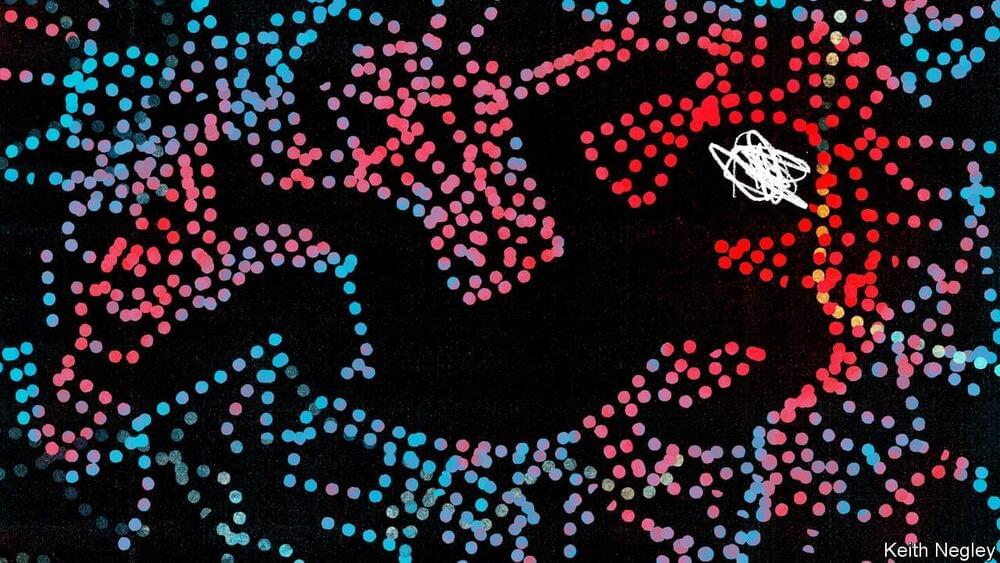Blood plasma from young donors treating age-related conditions (RAADfest 2023)
Category: biotech/medical – Page 1,214

China May Have Built A Third Exascale Supercomputer — And May Be Hiding Its Real Capabilities
Computer performance is measured in FLOPS, or floating-point operations per second. The first supercomputer, which was developed in 1964, could run 3,000,000 FLOPS, i.e., 3 megaFLOPS. Exa means 18 zeros, meaning 1,000,000,000,000,000,000 FLOPS. An exascale computer can perform that many operations — something that is almost impossible to imagine.
Now, there is a huge advantage to commanding that kind of computing power in today’s world. Here is what the same McKinsey report says: “Exascale computing could allow scientists to solve problems that have until now been impossible. With exascale, exponential increases in memory, storage, and compute power may drive breakthroughs in several industries: energy production, storage, transmission, materials science, heavy industry, chemical design, AI and machine learning, cancer research and treatment, earthquake risk assessment, and many more.”
Put simply, China now may have the computing power at its disposal to match, or even overtake, technology leaders like the United States in several areas that could be key to becoming the dominant economic and military power in the world. China could also pair its advances in artificial intelligence with this mind-boggling computering power and achieve technological and military dominance quite quickly.
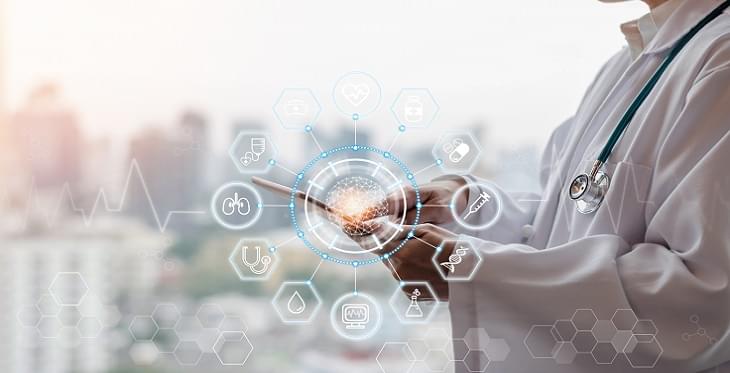
Beyond Telemedicine 2020: How AI and ML Will Transform Medicine
Parents and pediatric oncology experts share strategies to help parents cope with a diagnosis of childhood cancer, make treatment-related decisions, support their child and family, and manage cancer information in NCI’s Childhood Cancer Video Series.
When a Child Has Cancer
Parents and pediatric oncology experts share strategies to help parents cope with a diagnosis of childhood cancer, make treatment-related decisions, support…
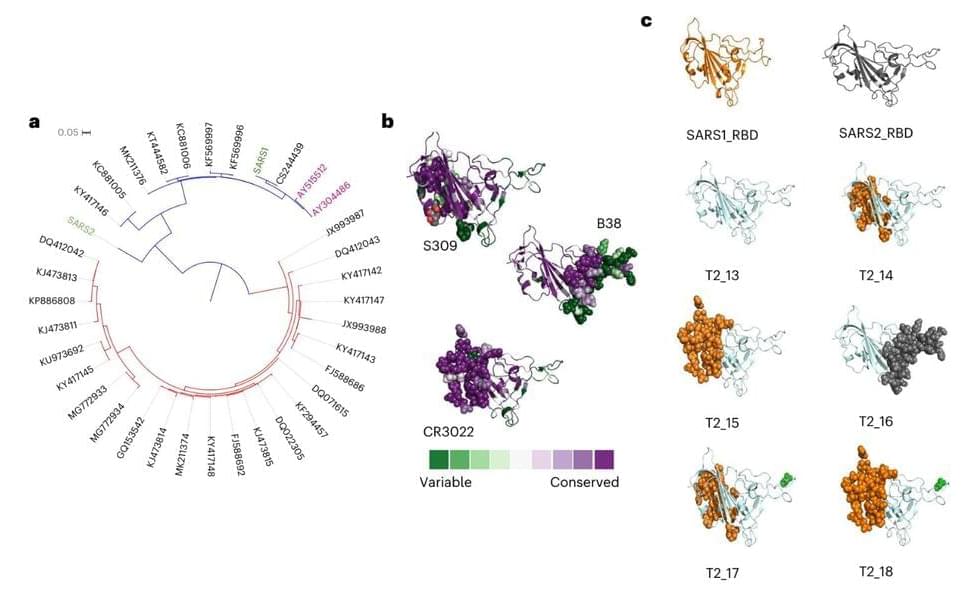
New vaccine technology could protect against future viruses and variants
Studies of a “future-proof” vaccine candidate have shown that just one antigen can be modified to provide a broadly protective immune response in animals. The studies suggest that a single vaccine with combinations of these antigens—a substance that causes the immune system to produce antibodies against it—could protect against an even greater range of current and future coronaviruses.
The vaccine antigen technology, developed by the University of Cambridge and spin-out DIOSynVax in early 2020, provided protection against all known variants of SARS-CoV-2—the virus that causes COVID-19—as well as other major coronaviruses, including those that caused the first SARS epidemic in 2002.
The studies in mice, rabbits and guinea pigs—an important step before beginning human clinical trials, currently underway in Southampton and Cambridge—found that the vaccine candidate provided a strong immune response against a range of coronaviruses by targeting the parts of the virus that are required for replication. The vaccine candidate is based on a single digitally designed and immune optimized antigen.
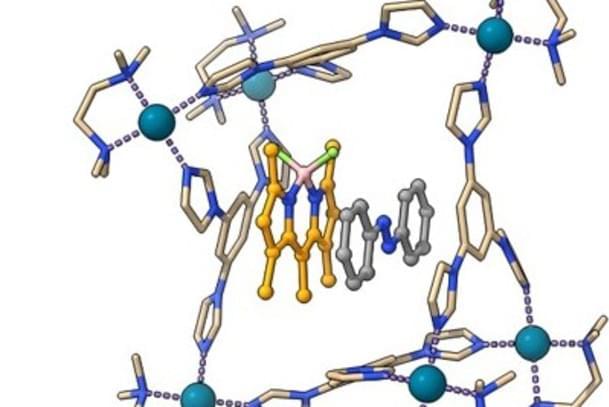
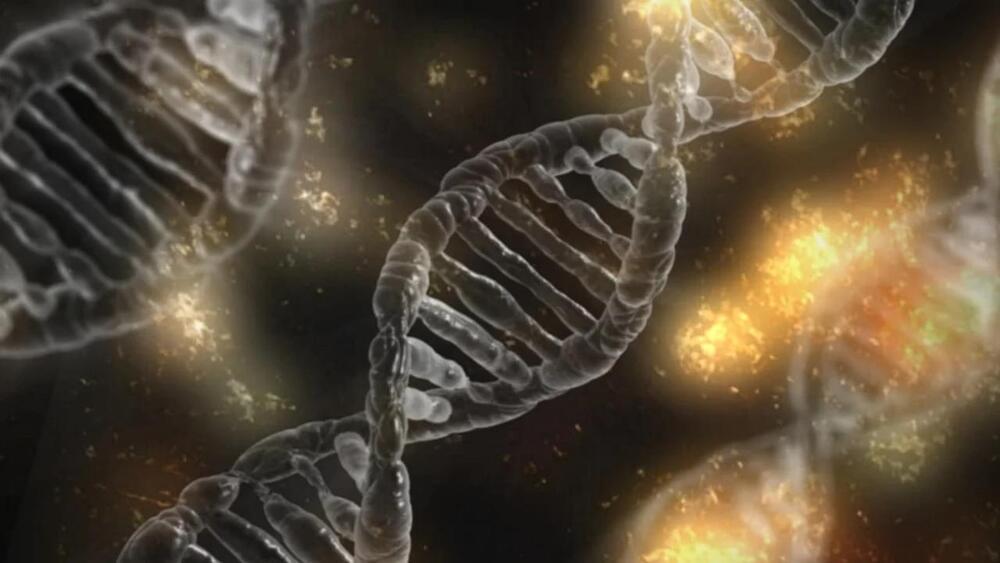
Gene Editing Tool Improves Immunotherapy
There are many therapies that target cancer. The most well-known is chemotherapy, which is a toxic chemical that is directed at a tumor to kill the cells. This is currently the standard of care for most types of cancer. However, as science advances, less toxic and more direct therapies are discovered. The most recently discovered therapy is known as ‘immunotherapy’, which redirects the immune system to kill the tumor. There are many successful treatments with immunotherapy among different types of cancers, including melanoma and lung cancer. Unfortunately, immunotherapy is limited in many solid tumors due to the immunosuppressive tumor microenvironment (TME). The TME is a pro-tumor environment that the cancer has made by releasing specific proteins that allow it to progress. In this environment the tumor can remain undetected from the immune system and progress throughout the body. Different immune cells in the TME become polarized and alter their functions to help the tumor proliferate and grow. It is now becoming more common to pair therapies together including immunotherapy with chemotherapy. Scientists are still trying to find ways to improve treatment and completely eradicate the tumor.
In San Francisco, California, a group of scientists, led by Dr. Alex Marson, are working to modify gene expression to reprogram or change immune cells in the TME to attack cancer. There has been some success, but this immunotherapy does not help treat all patients. In addition, the screening process to determine genetic changes to determine which cells would result in the greatest treatment efficacy is a long, arduous process. A group at the Gladstone Institutes has worked with Marson at University of California San Francisco (UCSF) to develop a strategy that helps pair different genetic combinations in a faster amount of time to determine the most beneficial treatment outcomes. This screening technique is called Pooled Knockin Screening (ModPoKI). ModPoKI finds the best genetic modifications to express in immune cells that will have prolonged anti-tumor efficacy.
The study that demonstrated ModPoKI was published recently in Cell, which demonstrates our ability to now understand how to combine genetic programs. ModPoKI combines genes into long lines of DNA to generate roughly 10,000 combinations to match with a genetically engineered immune cell known as a T cells are major immune cells that primarily target foreign antigens, like cancer cells, and kill them. Once the optimal gene modification is found, it is put into the engineered immune cells that are polarized to kill cancer. After further investigation, the combinations made by ModPoKI resulted in the most polarized anti-tumor T cells.

